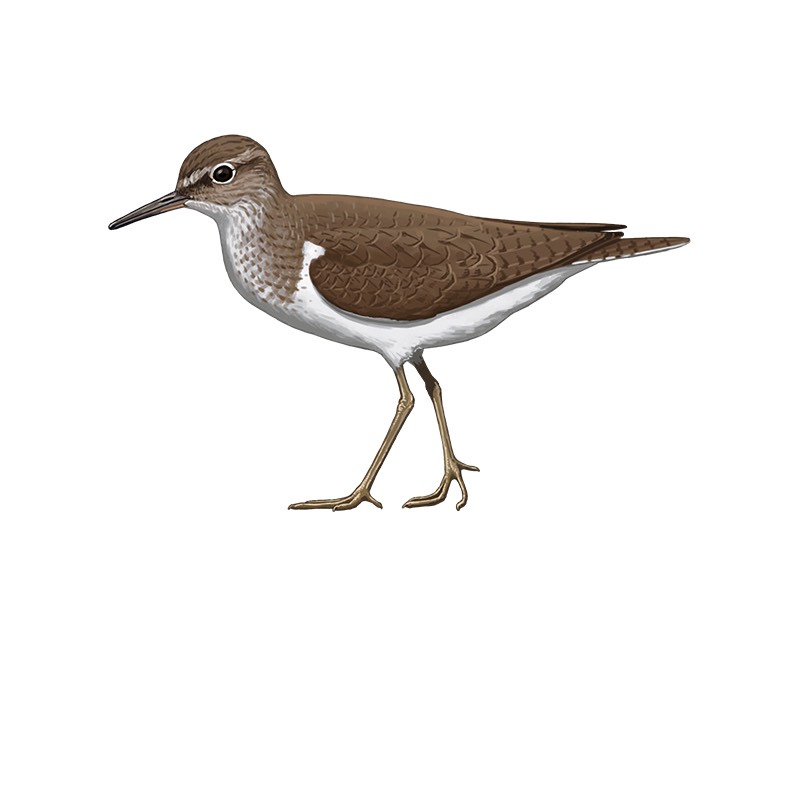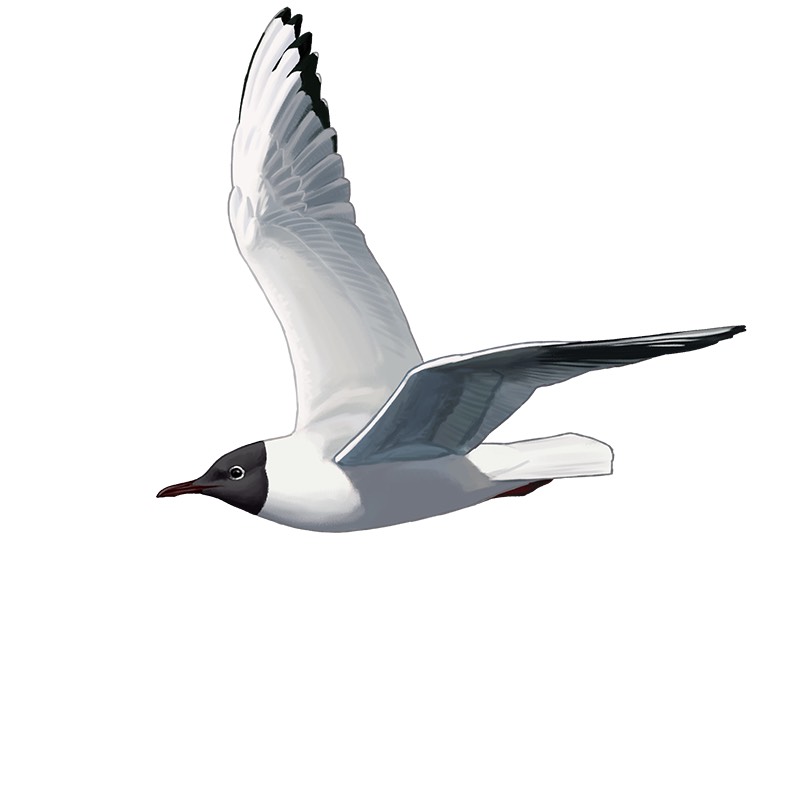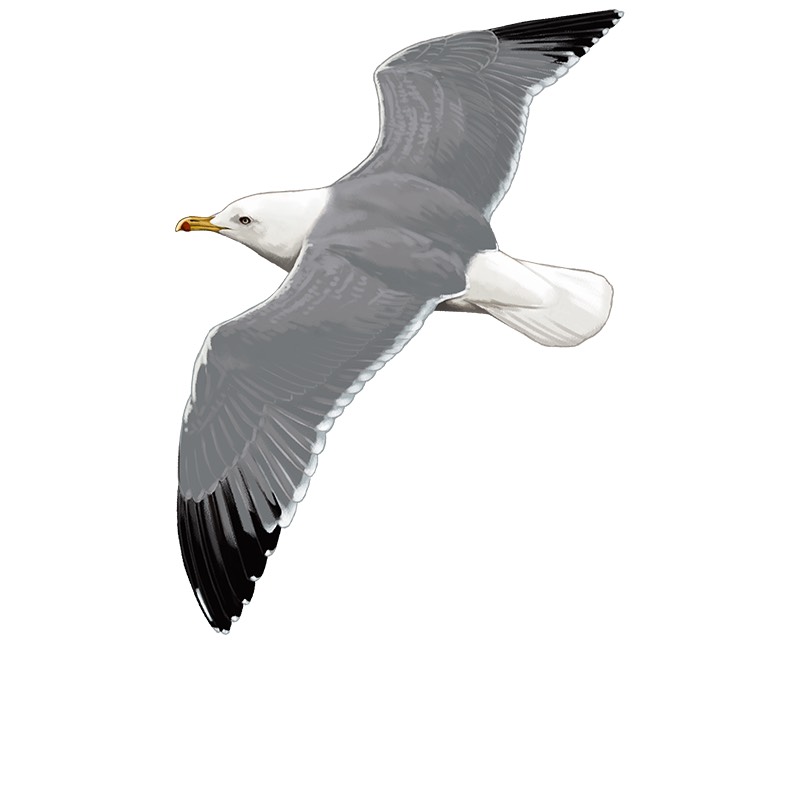Alguém já ouviu falar sobre o efeito que determinados medicamentos para gado têm sobre as aves necrófagas?
Para algumas pessoas este assunto soará familiar, mas para aqueles que não estão familiarizados com este problema, irei evidenciar as perigosas consequências que o medicamento Vet diclofenac tem no ecossistema e que, claro, nós acabaremos pagando.
Vet
diclofenac é um medicamento comercializado pela empresa italiana FATRO,
que utilizou lacunas nas diretrizes de avaliação de risco da UE
para medicamentos veterinários para obter a sua aprovação em Itália e
Espanha, apesar de haverem evidências do seu impacto nos abutres e noutros
animais selvagens.
Os
abutres ajudam a limpar a natureza, eliminando toneladas de carcaças
de gado do campo. Eles têm um metabolismo preparado para consumir
alimentos que outras espécies não conseguem e que poderiam ser uma
fonte de infeção para muitos outros animais e mesmo para os
humanos. Ajudam, além disso, a economizar o dinheiro necessário para
retirar e eliminar os animais mortos do campo. Exemplo do desastre
que pode causar é o que aconteceu na Índia,
onde entre 1992 e 2007, as populações de três espécies asiáticas
(Gyps
bengalensis,
Gyps
indicus,
Gyps
tenuirostris)
diminuiram
entre 97,5% a 99,9%, com custo de cerca 24.500 milhões de euros.
Finalmente, em 2006, o Vet diclofenac foi proibido e substituído por o
meloxicam , não tóxico para as aves.
A
Europa, e sobretudo Espanha é a região com populações mais
saudáveis de abutres e ,juntamente com Portugal, possuem 95% da população
de abutres da União Europeia.
Já
foi visto que existem medicamentos com eficácia similar e custo semelhante, que poderiam substituir este medicamento perigoso.
Portanto, aparentemente,
não há motivo para o uso contínuo deste fármaco, e é por isso que SEO/BirdLife, Spea, Vulture Conservation Foundation, WWF España y
BirdLife Europe reagiaram e lançaram a campanha internacional “Ban Vet
Diclofenac” para evitar a administração contínua deste medicamento veterinário, nos três países da UE, nos quais contam com a presença de abutres.
Para
obter mais informações, siga o seguinte link (http://www.banvetdiclofenac.com/pt/proibir-o-diclofenac/) e espalhe a palavra. É claro que eu já assinei e, neste deste blog, espero dar a conhecer um pouco mais desta problemática e incentivá-lo a agir também.
MUITO
OBRIGADA! 
--------------------------------------------------------------------------------------------
Has anyone ever heard about the effect that certain veterinary drugs have on necrophagous birds?
For some people this issue will sound familiar but for those unfamiliar with this problem I will highlight some dangerous consequences that the medicine Vet diclofenac has on the ecosystem and that of course we will end up paying.
Vet diclofenac is a medicine marketed by the Italian company FATRO, which used loopholes in the EU's risk assessment guidelines for veterinary medicines to obtain its approval in Italy and Spain, although there is evidence of its impact on vultures and other wildlife.
Vultures help clean nature eliminating tons of cattle carcasses from the field. They have a metabolism prepared to consume food that other species can not and that could be a source of infection for many other animals and even humans. They also help save the money needed to remove and eliminate dead animals from the field. An example of the disaster that can be caused is what happened in India, where between 1992 and 2007, populations of three Asian vultures species (Gyps bengalensis, Gyps indicus, Gyps tenuirostris) decreased from 97.5% to 99.9%, with a cost of around 24,500 million euros. Finally, in 2006, Vet diclofenac was banned and replaced with meloxicam, non-toxic to birds.
Europe, and above all Spain, is the region with the healthiest populations of vultures and, together with Portugal, they represent 95% of the European Union vulture population. It has already been seen that there are drugs with similar efficacy and similar cost that could replace this dangerous drug.
Therefore, apparently there is no reason for the continuous use of this drug, and that is why SEO / BirdLife, Spea, Vulture Conservation Foundation, WWF España and BirdLife Europe have reacted and launched the international campaign "Ban Vet Diclofenac" to avoid the continuous administration of this veterinary medicinal product in all three EU countries where vultures are present.
For more information, please follow the following link (http://www.banvetdiclofenac.com/prohibit-the-diclofenac/) and spread the word about this. Of course I have already signed and in this blog, I hope to raise awareness of this problem and encourage you to take action as well.

--------------------------------------------------------------------------------------------
Has anyone ever heard about the effect that certain veterinary drugs have on necrophagous birds?
For some people this issue will sound familiar but for those unfamiliar with this problem I will highlight some dangerous consequences that the medicine Vet diclofenac has on the ecosystem and that of course we will end up paying.
Vet diclofenac is a medicine marketed by the Italian company FATRO, which used loopholes in the EU's risk assessment guidelines for veterinary medicines to obtain its approval in Italy and Spain, although there is evidence of its impact on vultures and other wildlife.
Vultures help clean nature eliminating tons of cattle carcasses from the field. They have a metabolism prepared to consume food that other species can not and that could be a source of infection for many other animals and even humans. They also help save the money needed to remove and eliminate dead animals from the field. An example of the disaster that can be caused is what happened in India, where between 1992 and 2007, populations of three Asian vultures species (Gyps bengalensis, Gyps indicus, Gyps tenuirostris) decreased from 97.5% to 99.9%, with a cost of around 24,500 million euros. Finally, in 2006, Vet diclofenac was banned and replaced with meloxicam, non-toxic to birds.
Europe, and above all Spain, is the region with the healthiest populations of vultures and, together with Portugal, they represent 95% of the European Union vulture population. It has already been seen that there are drugs with similar efficacy and similar cost that could replace this dangerous drug.
Therefore, apparently there is no reason for the continuous use of this drug, and that is why SEO / BirdLife, Spea, Vulture Conservation Foundation, WWF España and BirdLife Europe have reacted and launched the international campaign "Ban Vet Diclofenac" to avoid the continuous administration of this veterinary medicinal product in all three EU countries where vultures are present.
For more information, please follow the following link (http://www.banvetdiclofenac.com/prohibit-the-diclofenac/) and spread the word about this. Of course I have already signed and in this blog, I hope to raise awareness of this problem and encourage you to take action as well.
THANK YOU VERY MUCH! 


















